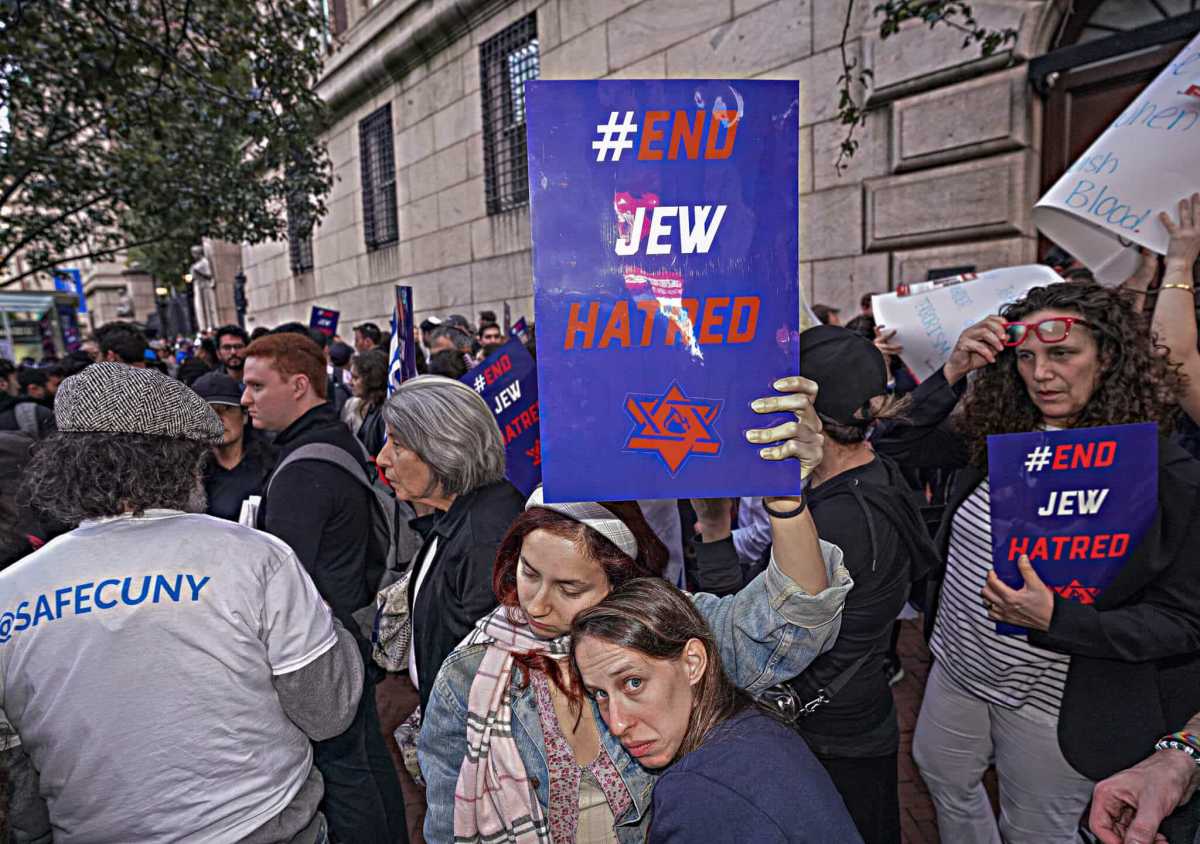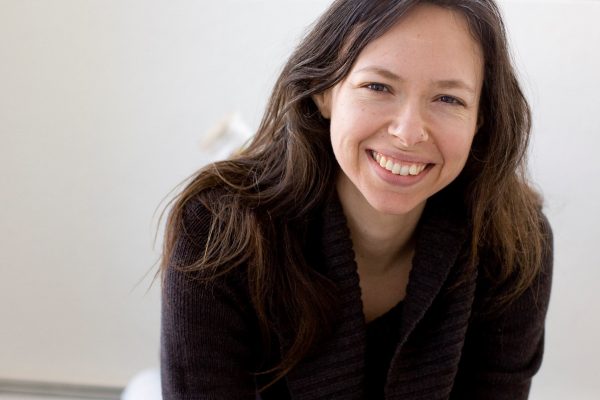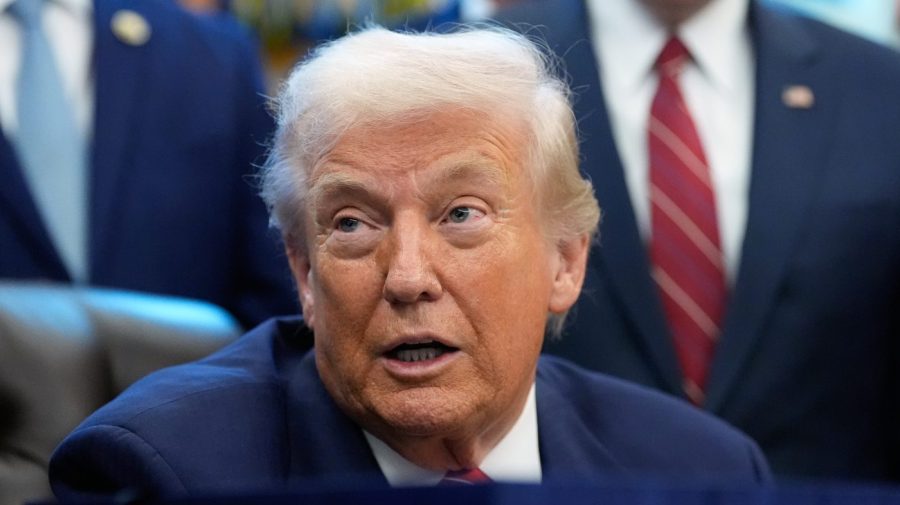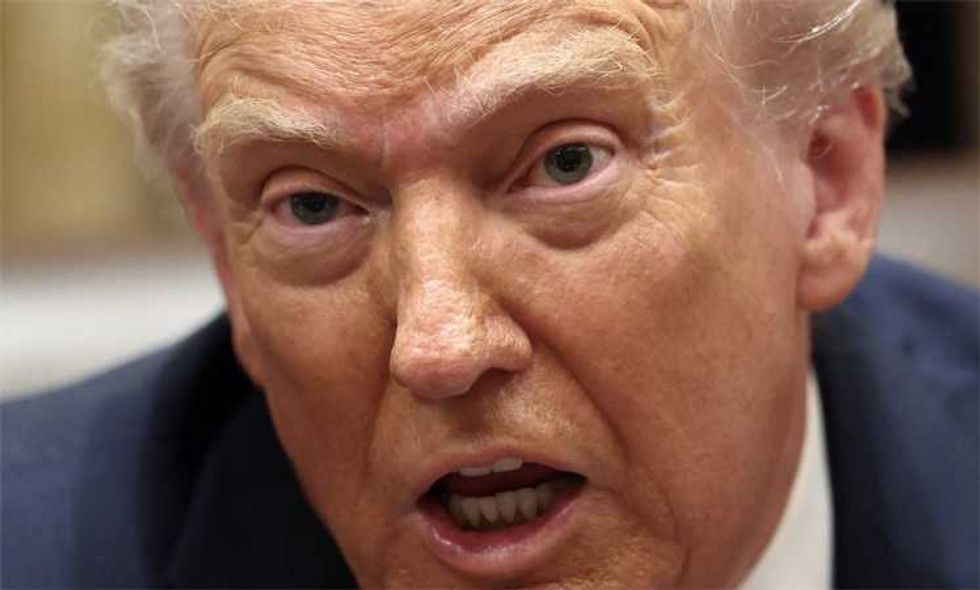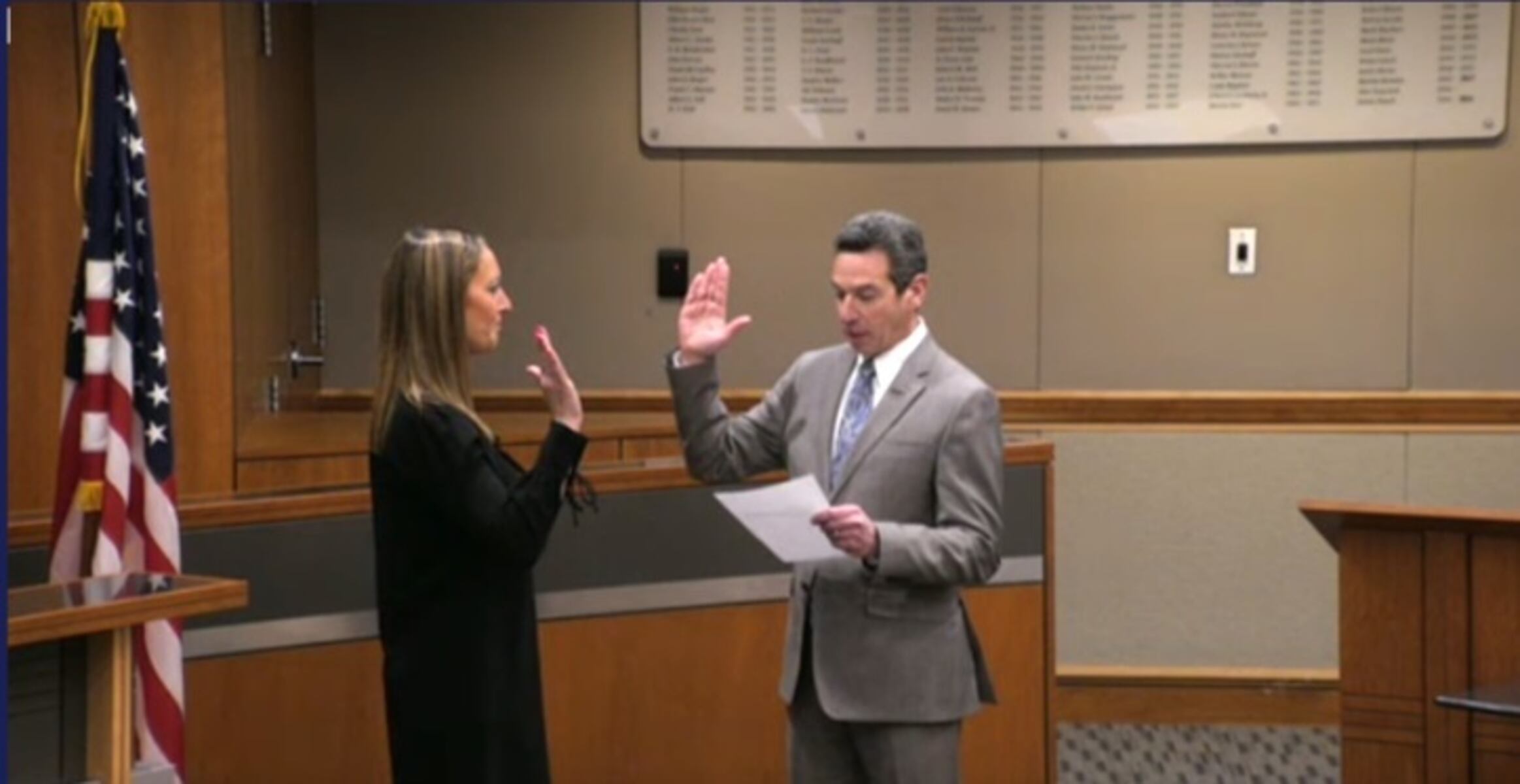Antisemitism in New York City has reached alarming levels, threatening the safety and well-being of its Jewish community. With over one million Jewish residents, the city boasts the largest Jewish population outside of Israel. This community plays a vital role in the city’s identity, contributing to its cultural, social, and economic fabric. However, recent reports indicate a significant rise in antisemitic incidents, creating a climate of fear and insecurity among many Jewish New Yorkers.
According to the New York Police Department (NYPD), antisemitic hate crimes constitute the majority of bias incidents across the five boroughs. Incidents such as graffiti on synagogues, harassment on public transportation, and discrimination on college campuses have become disturbingly common. For many Jewish individuals, wearing symbols of their faith, such as the Star of David or a kippah, now carries a risk that is unacceptable in a city known for its commitment to tolerance and diversity.
Challenges Ahead for Local Leadership
With the recent election of Zohran Mamdani as mayor, community leaders are bracing for the implications of his administration. While his campaign proposals received significant attention, many believe they may face substantial obstacles in implementation. Proposals such as making public transportation free and freezing rent have already been met with skepticism. Critics argue that these initiatives could have detrimental financial impacts, particularly on the Metropolitan Transportation Authority (MTA).
Inna Vernikov, the City Council member representing Brooklyn’s 48th District, emphasized the need for concerted efforts to address these challenges. She stated, “We must advocate for our community and ensure that our safety is prioritized.” The responsibility lies with both local leaders and residents to push back against legislation perceived as harmful to law enforcement and public safety.
Vernikov’s commitment to protecting Jewish communities extends beyond mere advocacy. She plans to engage with law enforcement and hold city agencies accountable for their actions regarding safety measures. In her view, it is crucial to maintain a collaborative relationship with police while actively opposing any attempts to undermine their effectiveness.
Resilience of the Jewish Community
Despite the uncertainties surrounding Mamdani’s administration, Vernikov remains optimistic about the resilience of New York’s Jewish community. “We are not alone,” she asserts, highlighting the strength and pride that have characterized Jewish life for thousands of years. The community’s enduring spirit, she believes, can withstand political challenges, ensuring that the values of safety and inclusion remain at the forefront of New York City’s identity.
As the city navigates these complex issues, it is evident that the Jewish community’s response will play a critical role in shaping the future of safety and tolerance in New York. The coming years will require vigilance, advocacy, and a commitment to standing firm against hate in all its forms. The collective action of individuals and organizations will be essential in fostering an environment where every resident can feel secure and valued.
In conclusion, the challenges posed by rising antisemitism and the new administration are significant. Yet, the determination to restore sanity, balance, and common sense to the city remains strong among those committed to protecting the rights and dignity of all New Yorkers.

